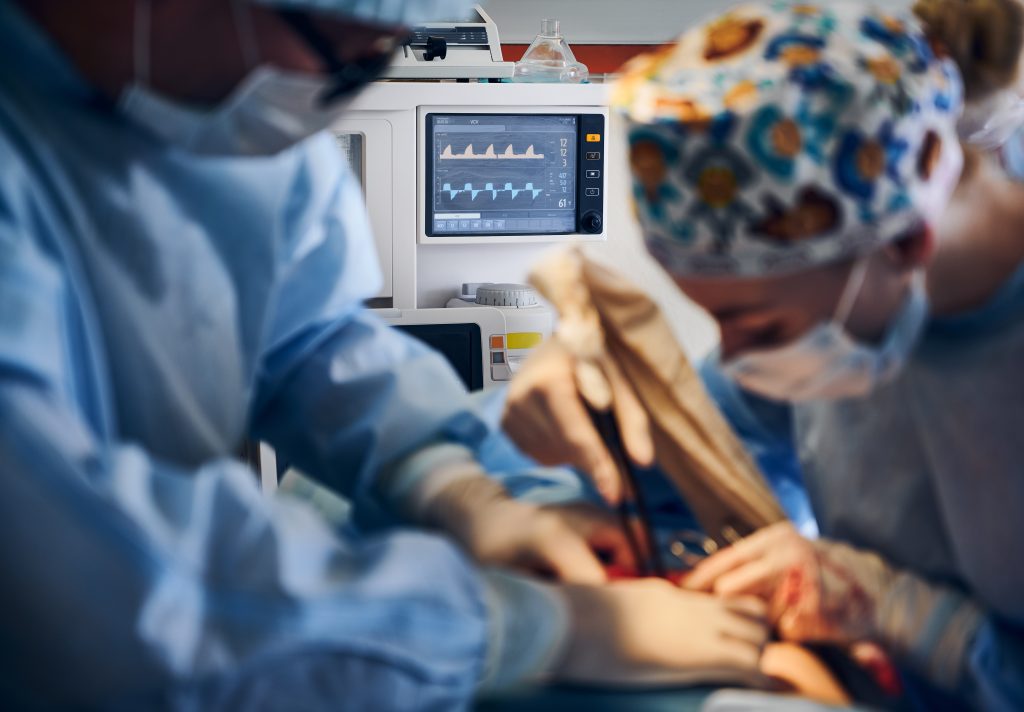As a health tourism agency, My Dr Türkiye facilitates access to aortic aneurysm surgery, performed by expert cardiovascular surgeons at accredited healthcare facilities. An aortic aneurysm is a bulge or swelling in the aorta, the body’s main artery. If left untreated, it can rupture, leading to life-threatening complications. Surgery is often necessary to prevent rupture and ensure patient safety.
Types of Aortic Aneurysm Surgery
- Open Surgery: A traditional method where a large incision is made in the chest or abdomen to access the aorta. The damaged section is replaced with a synthetic graft, restoring normal blood flow.
- Endovascular Aneurysm Repair (EVAR): A minimally invasive procedure where a catheter is inserted through the groin and guided to the aneurysm site. A stent graft is placed inside the aorta to reinforce the weakened area.
Indications for Surgery
- Large aneurysms or those growing rapidly
- Symptoms such as chest or back pain
- High risk of aneurysm rupture

Frequently Asked Questions
When is surgery necessary?
- Surgery is needed for large or rapidly growing aneurysms, symptoms like chest or back pain, or a high risk of rupture.
What is endovascular repair?
A minimally invasive procedure using a catheter to place a stent graft inside the aorta to reinforce the aneurysm.
What are the recovery times?
Open surgery usually requires a longer hospital stay (5-10 days) and several weeks to months to recover. Endovascular repair generally has a shorter hospital stay (2-3 days) and quicker recovery.

